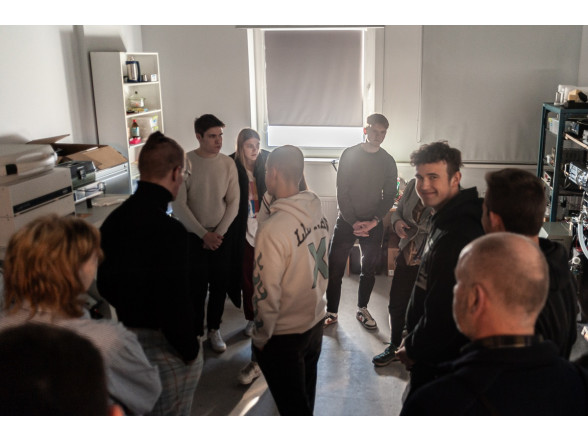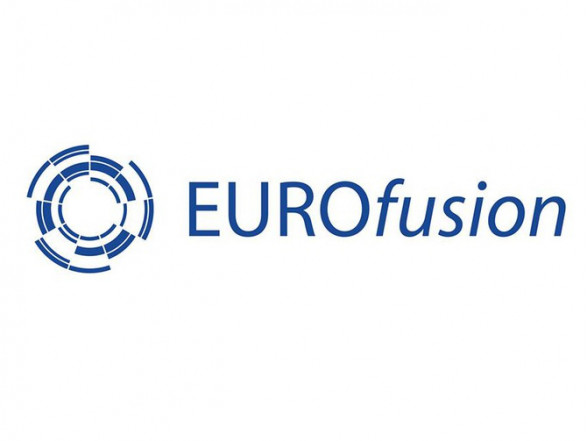Labs of Latvia, a startup community platform providing information from and about the Latvian startup scene to the world, has published a series of articles on the Latvian Quantum Initiative. On March 30, the article’s theme was the role of education in the development of quantum technologies and the future of Latvia.
Currently, 50 to 100 people work in quantum research and technology in Latvia. Basic skills in computer science acquired in an academic environment and in-depth knowledge of technology are essential for the academic sector to offer specialization in quantum technology research, both in study programmes and research papers. Successful technology transfer from academia to industry applications also requires project management and design thinking skills. The full spectrum is essential in education, from initiatives and activities in preschool, primary and general secondary education to the academic sector.
The director of the ISSP UL, Andris Anspoks, points out that Latvia invests more in education than the EU average. Still, the results differ from neighboring Estonia and Finland, for example. “This is particularly evident when comparing the proportion of the ablest pupils in Latvia with the average in OECD countries, Estonia, and Finland. This is where we lag significantly behind, although the average looks acceptable. This is a national problem, where one of the factors is the age structure of teachers, which also affects their competences, as well as a fragmented school network,” says Anspoks.
He is the most concerned about the low number of students, especially in physics, chemistry, and material sciences. The ISSP UL director says that “science has several tasks. The most important is to create smart people because no industry can do without them. If we don’t invest in science now, in 10 years, there will be no new technologies, and we will be a banana republic. We must not fall behind if we want to stay on the wave of science and technology. Without science, there’s no future for Latvia”.
The 10-year period is significant because that’s the time it takes for an idea to get from the physics lab to industry and through the industry to each of us. Anspoks says that ideas emerge during the research process, often unexpectedly. This process cannot be planned. But without this systematic work, in which each scientist puts their piece into the great house of science, great things cannot happen. Who ends up being awarded a Nobel Prize is often determined by luck and chance. The original idea may fail, but a completely different idea emerges. Some ideas are not competitive.
Full article in English
For more information about the Latvian Quantum Initiative, visit here.



